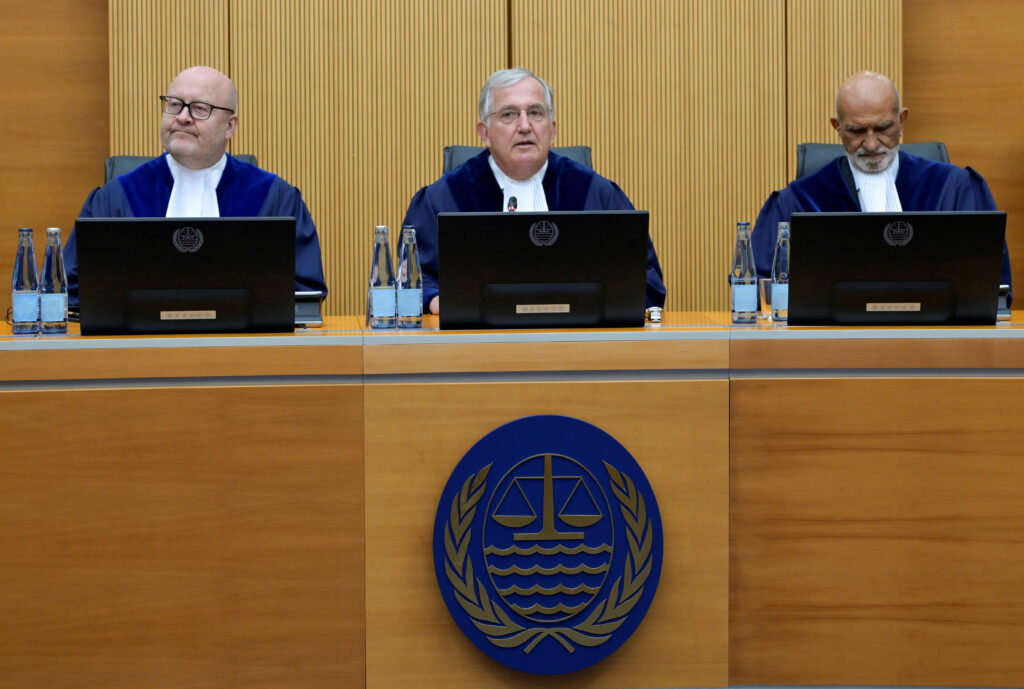

BERLIN (Reuters): -A global maritime court found on Tuesday, May 21, 2024, that greenhouse gases constitute marine pollution, a major breakthrough for small island states threatened by the rise in sea levels caused by global warming.
In its first climate-related judgment, the International Tribunal for the Law of the Sea said emissions from fossil fuels and other planet-warming gases that are absorbed by the oceans count as marine pollution.
Its ruling – an “advisory opinion” that should nevertheless provide a precedent for cases elsewhere – also said countries must go beyond the requirements of the landmark 2015 Paris Agreement to protect the marine environment and the states that depend on it.
“What happened today was that the law and science met together in this tribunal, and both won,” said Cheryl Bazard, ambassador to the European Union of the Bahamas, one of nine Caribbean and Pacific island nations that sought the opinion.

Small island nations with scant economic power but acutely vulnerable to climate change have long felt neglected by successive global summits where pledges to cut carbon emissions have fallen far short of the minimum for limiting the worst effects of global warming.
The court said states have a legal obligation to monitor and reduce the emissions that contribute to climate change and laid out specific requirements for their environmental impact assessments.
It also said states’ targets for cutting greenhouse emissions must be set objectively based on the best available science and relevant international rules and standards, thus setting the bar higher than the Paris Agreement did.
The ITLOS opinion will inform our future legal and diplomatic work in putting an end to inaction that has brought us to the brink of an irreversible disaster.
Antigua and Barbuda Prime Minister Gaston Browne
Nikki Reisch, director at the Centre for International Environmental Law, said: “To those that would hide behind the weaknesses of international climate treaties, this opinion makes clear that compliance with the Paris Agreement alone is not enough.”
Climate activists and lawyers said the decision could influence two opinions on states’ climate obligations that are pending from the Inter-American Court on Human Rights and the International Court of Justice.
A similar potential precedent was laid down last month when the European Court of Human Rights agreed with plaintiffs who argued that Switzerland was violating their human rights by not doing enough to combat climate warming.

Eselealofa Apinelu, representing the South Pacific island of Tuvalu, said Tuesday’s opinion made clear that all states were legally bound to protect the marine environment, and other states, from the existential threats of climate change.
He called it “an important first step in holding the major polluters accountable”.
But the road to concerted global action is far from smooth.
China, the world’s biggest carbon polluter, had argued in court that the Tribunal did not have general authority to issue advisory opinions, saying these could fragment international law. China’s foreign ministry was not immediately available for comment.
The other nations in the group that brought the case were Palau, Niue, Vanuatu, St Lucia, St Vincent and Grenadines and St Kitts and Nevis.







Comments